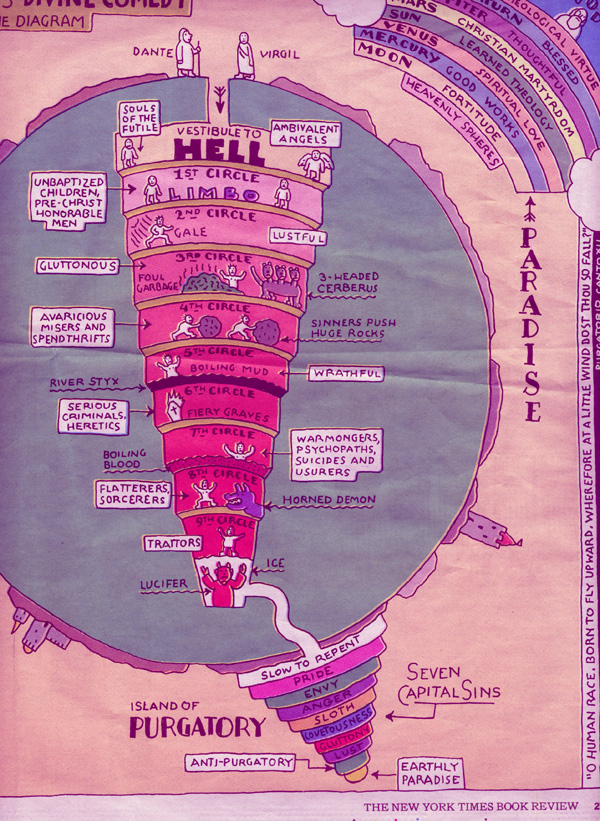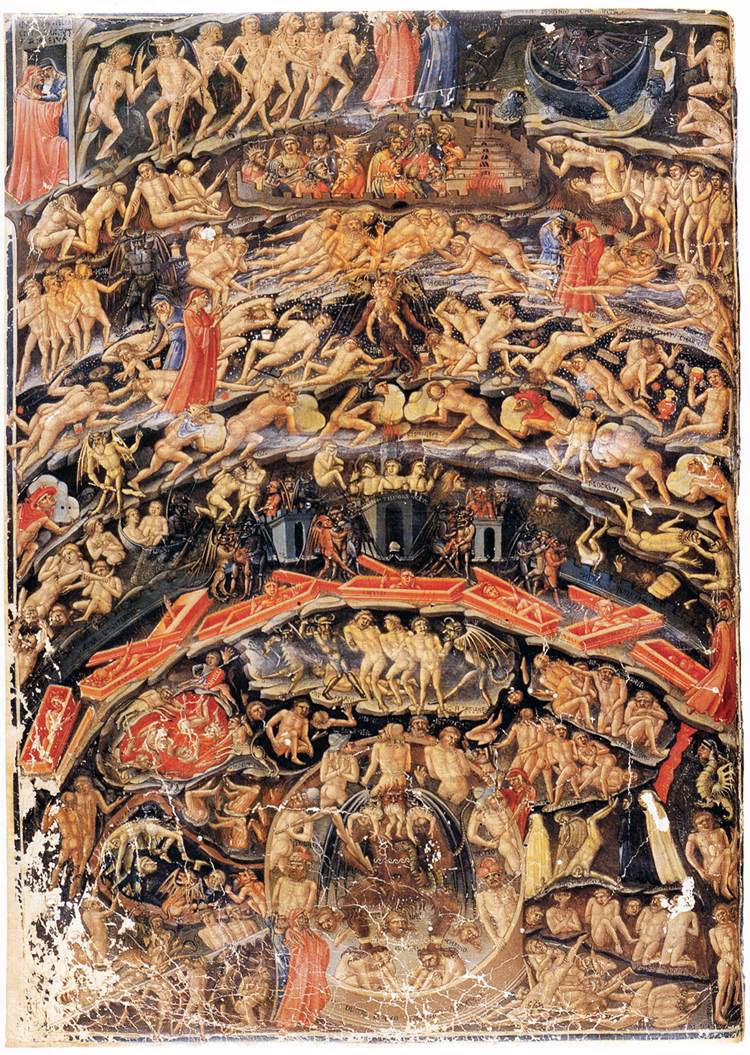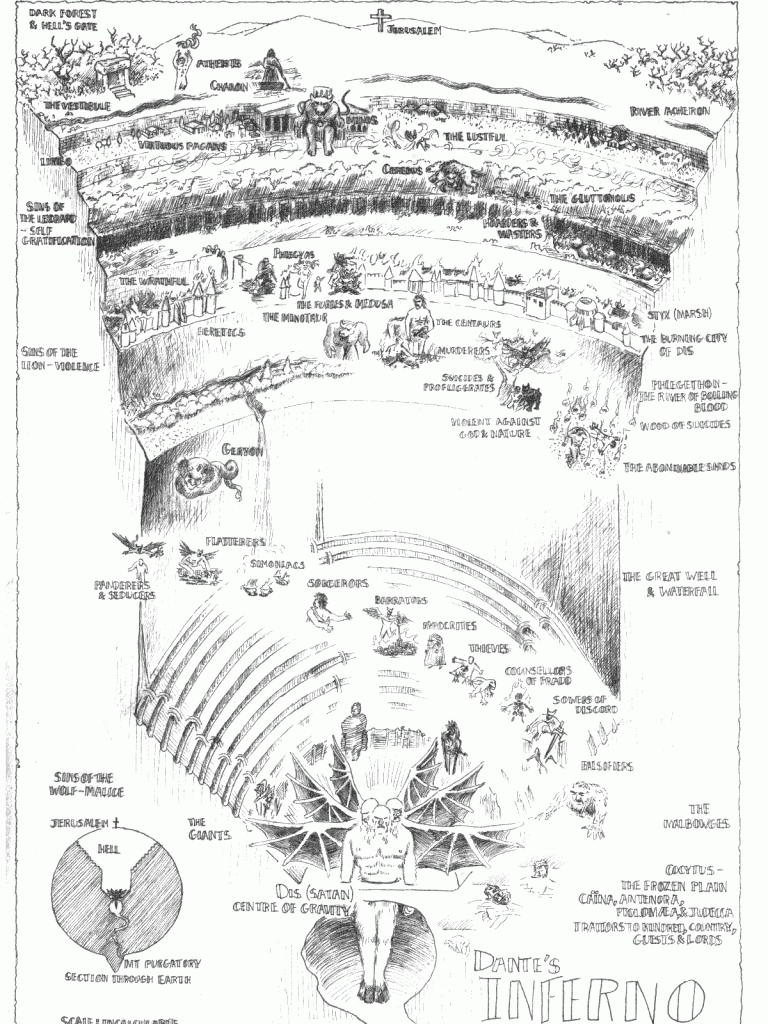I picked up the recent Oxford anthology of Mills, The Politics of Truth, for cheap. While there’s plenty of problems with Mills’s sociology, he still represents, along with Thorstein Veblen and Erving Goffman, a sort of triumvirate of American sociologists who managed to find the right balance between theory and empiricism. They were also all amazing writers, and Mills was probably the best of the three. His writing is so damn compelling that I find it very easy to overlook gaps in his logic or structure because his visceral precision in describing behavior and emotions connects so well. I am suspicious of this ability! But because I sympathize with so many of his positions, I still find him gripping. Here he is paraphrasing and then quoting Veblen:
Thorstein Veblen realized that the world he lived in was dominated by what one might call “crackpot realism.” That was, and one must use the word, Veblen’s metaphysic–his bone-deep view of the nature of everyday American reality. He believed that the very Men of Affairs whom everyone supposed to embody sober, hard-headed practicality were in fact utopian capitalists and monomaniacs; that the Men of Decision who led soldiers in war and who organized civilians’ daily livelihoods in peace were in fact crackpots of the highest pecuniary order. They had “sold” a believing world on themselves; and they had–hence the irony–to play the chief fanatics in their delusional world.
No mere joke, however, but a basic element of his perspective caused Veblen to write in 1922 what might with equal truth be written today: “The current situation in America is by way of being something of a psychiatrical clinic. In order to come to an understanding of this situation there is doubtless much else to be taken into account, but the case of America is after all not fairly to be understood without making due allowance for a certain prevalent unbalance and derangement of mentality, presumably transient but sufficiently grave for the time being. Perhaps the commonest and plainest evidence of this unbalanced mentality is to be seen in a certain fearsome and feverish credulity with which a large proportion of the Americans are affected.”
The realization of this false consciousness all around him, along with the sturdiness of mind and character to stand up against it, is the clue to Veblen’s world outlook. How different his was from the pervailing view is suggested by his utter inability to be “the salesman.”
Veblen opens up our minds, he gets us “outside the whale,’ he makes us see through the official sham. Above all, he teaches us to be aware of the crackpot basis of the realism of those practical Men of Affairs who would lead us to honorific destruction.
C. Wright Mills, “Thorstein Veblen” (1953)
This phenomenon is still very much with us, and yet these descriptions from 1953 and 1922 are better than any contemporary commentary I’ve seen.


